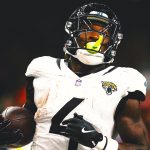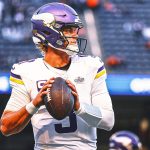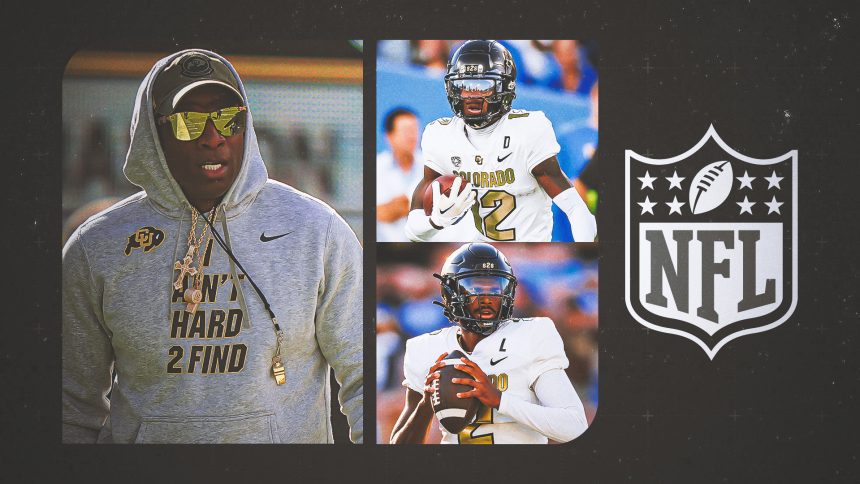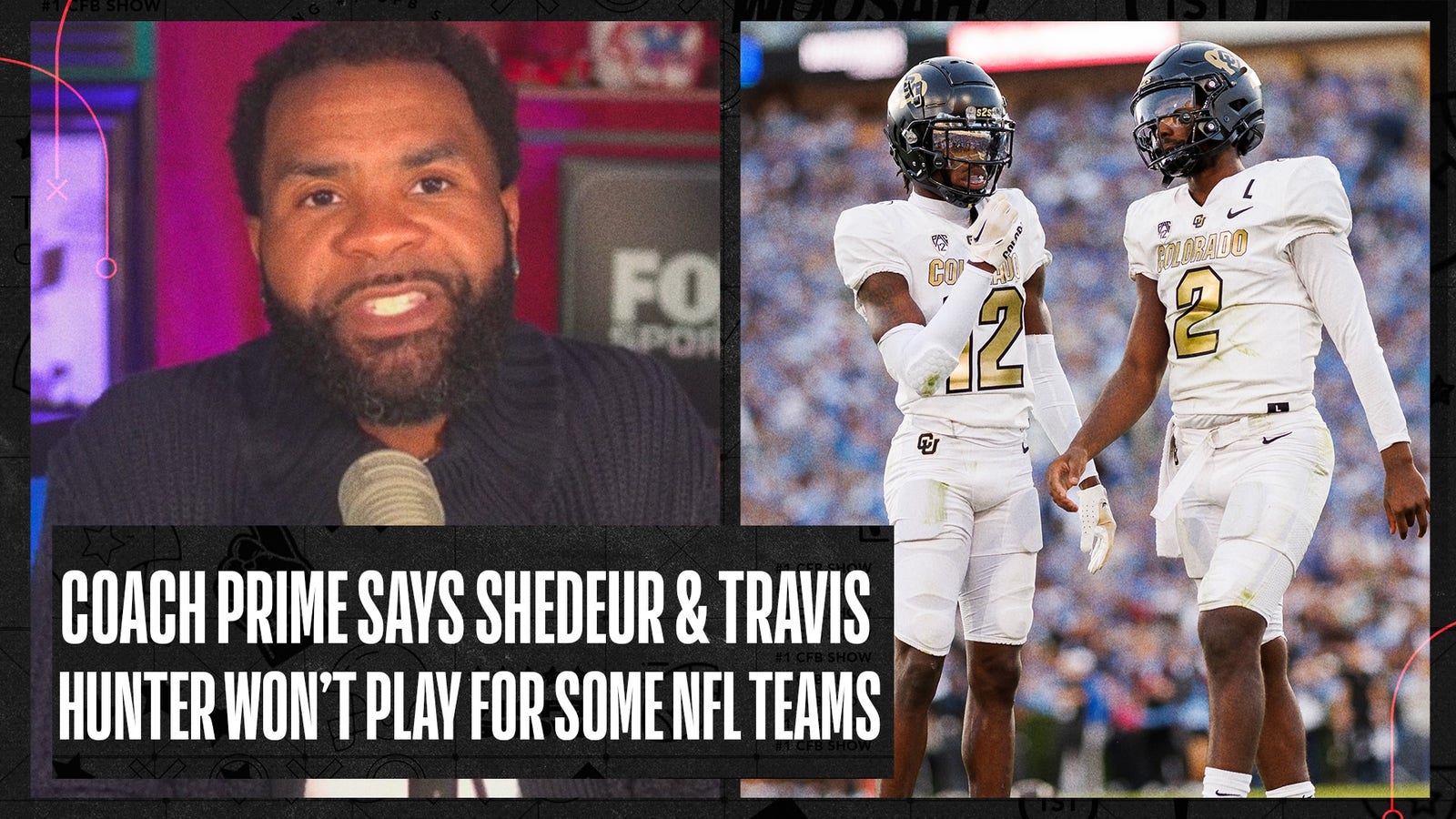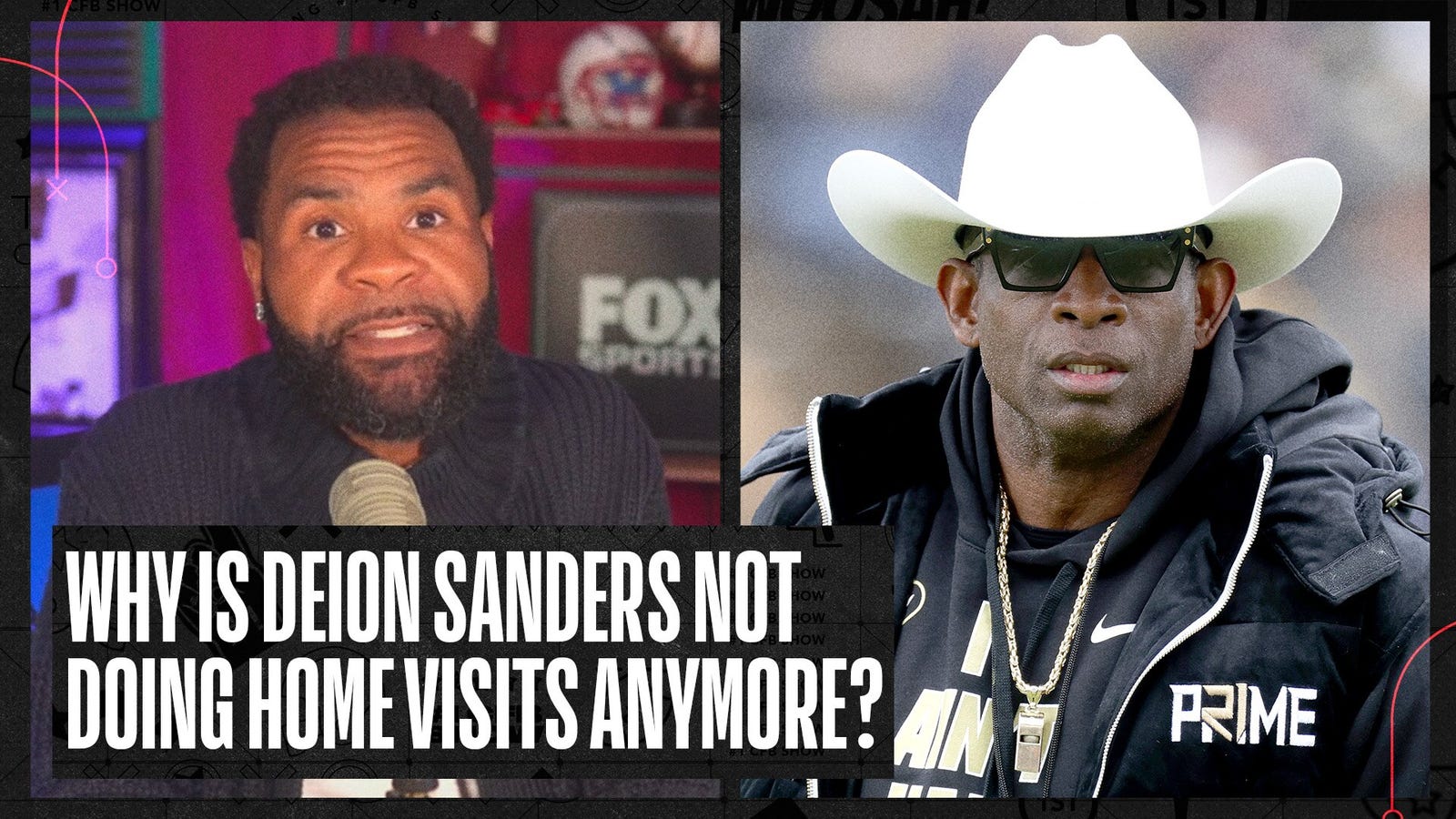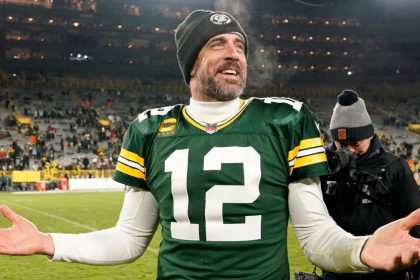Deion “Coach Prime” Sanders says his son, Shedeur Sanders, and Colorado’s do-it-all two-way standout, Travis Hunter, won’t play for some NFL teams. This is as it should be.
Prime’s timing with this revelation is significant because this is likely the last NFL Draft – April 25-27 in Detroit – before Shedeur and Hunter enter the NFL.
And the idea that Shedeur or Hunter might not play for, say, the New England Patriots, Buffalo Bills or Green Bay Packers, won’t hurt their draft stock. I wrote last week that Shedeur is one of the best QB prospects available in the 2025 Draft, while Hunter could be the first non-quarterback off the board.
If the Pats, Bills or Packers possess a pick where a player like Shedeur or Hunter might be slotted, there’s nothing wrong with trading that pick for value. But the notion that either one of these two Colorado football standouts shouldn’t use their leverage to land with a franchise they’d like to play for is preposterous.
ADVERTISEMENT
Prime was selected fifth overall in the 1989 NFL Draft by the Atlanta Falcons. And he was loud and clear about not taking meetings with teams that weren’t picking in the top 10 because he knew he would be selected before any of those teams made a pick.
He’s partial to places where he played, like Dallas, San Francisco and, yes, Atlanta.
“There were certain cities that fit,” Sanders said. “Atlanta fits, and I want that for my kids. All of them. I want the right fit. [Atlanta] was the first time I saw Black people in positions of authority. It blew my mind. It was real in Atlanta. I had never seen anything like that in my life.”
Prime could’ve refused to sign with an NFL franchise because he didn’t need money, as he had already signed and received a signing bonus from the New York Yankees before playing his final season at Florida State as a walk-on — where he won the Thorpe Award as the nation’s top defensive back in college football.
Back in 1983, John Elway told anybody who would listen that he’d rather play baseball than sign with the Baltimore Colts if they took him with the No. 1 pick. He ended up in Denver and won two Super Bowls with the Broncos.
Eli Manning did the same thing in 2004. He told the Chargers he wouldn’t sign with them if they chose to take him at No. 1. That move forced a trade to the New York Giants, where he went on to also win two Super Bowls.
Neither QB needed the money. Both were highly sought-after.
Shedeur Sanders and Travis Hunter fit the criteria — superstars, box office draws at a moment when fewer celebrities break through popular culture.
Prime’s stance on creating a different business plan for himself and his players continues in his view of recruiting. In fact, the second-year Colorado head coach might have just killed the home visit by simply stating he doesn’t perform them. And he’s right not to.
While I don’t agree that parents don’t want him in their home because he didn’t want Bobby Bowden at his mama’s crib for fear that rats and roaches might be in his home, I like to think most of us would call a pest control provider, hit the hardwood floors with a mop, the carpet with a vacuum, the furniture with disinfectant and use a spray bottle of all-purpose cleaner for anything that looks like it wants to be starting something.
The juice just isn’t worth the squeeze for a head coach of Sanders’ notoriety. He’ll get maligned for going to one local powerhouse and not another when he does choose to pursue a high school recruit.
But his roster management philosophy surrounds getting 80% of players out of the portal, and his calendar doesn’t allow for even a handful of home visits for those players.
Sanders is also not the only head coach who can claim that excuse, and it holds water. Others include Georgia’s Kirby Smart, Oklahoma’s Brent Venables, Ohio State’s Ryan Day, Oregon’s Dan Lanning and USC’s Lincoln Riley, to name a few.
Those five coaches recruit in-home because they believe they have to. What happens when they realize Prime has succeeded in getting everyone from four-star recruits to TV networks to come to his house? I bet they switch it up.
A break with tradition? Yes. But so was putting college football on TV, voting for who should be the national champion and allowing players to profit off their name, likeness and image.
Change is constant. Tradition is not. The former is what Coach Prime represents.
RJ Young is a national college football writer and analyst for FOX Sports and the host of the podcast “The Number One College Football Show.” Follow him on Twitter at @RJ_Young and subscribe to “The RJ Young Show” on YouTube.
recommended
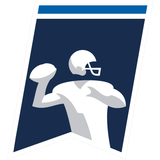
Get more from College Football Follow your favorites to get information about games, news and more

